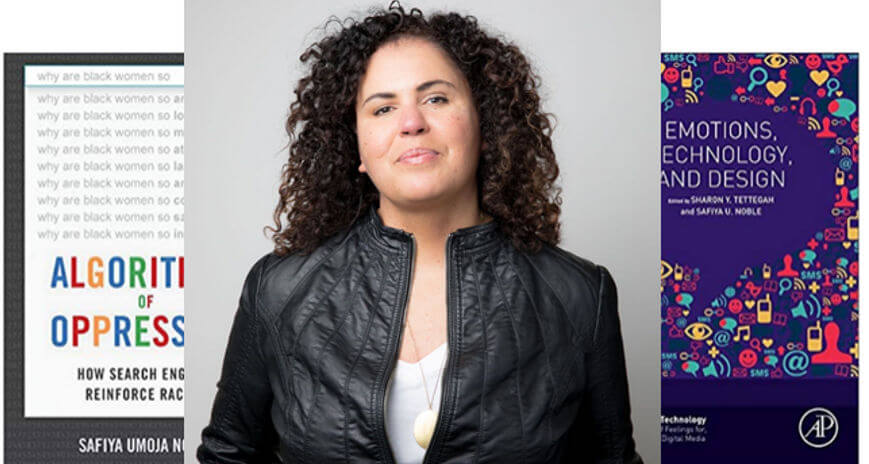Dani Guzman, Product Marketing Director, Ex Libris
In a follow-up from last month, we take another look at open access policies in academia; this time at the costs it may entail. Another new shift in library science, toward more encompassing “information studies”, is examined in an article by Library Journal editor-at-large, John N. Berry III. Then, after absorbing the new and trending, it’s good to remind ourselves of some of the basics – libraries and librarians play a key, measurable role in learning, no matter the technology available.
The Chronicle of Higher Education addresses a sensitive issue surrounding open access academic publishing: Who really absorbs the cost of a ‘free’ publication? And how much is it? As Martin Eve, a director at the Open Library of the Humanities, put it: “If you want these services, they have to be paid for.” Read more>>
One of Australia’s largest independent news and commentary websites, The Conversation, looks at the state of public access to taxpayer-funded research in today’s South Africa. The trend there, as elsewhere, is toward research institutions funding open access publication of academic studies, but the publishers charging fees that limit access on the other end of the line. The result in South Africa is that there are only 20 open access academic repositories and less than half of published research is accessible to the public. How did we get here and where is this leading? Read more>>
John N. Berry III, editor-at-large for Library Journaland an adjunct professor at the newly renamed School of Information at New York’s Pratt Institute, says that the digital age has naturally led to the rise of “information science” departments at nearly all institutions of higher education. However, he warns against librarianship becoming a discipline that is subsumed under information studies. Rather, Berry insists, “Modern libraries of all types — public, academic, school, and even special — provide and deliver much more than information.” He presents a view of the library as social institution that is also, but far from only, an information repository. Read more>>
The School Library Journal introduces a new report this month that highlights the contribution of libraries to a young person’s education. While the focus is on school libraries, the report itself has relevance for all librarians. It brings home the fact, with the research to support it, that libraries will continue to serve a vital role in our society – even though the technology has changed so rapidly in recent years. For example, the study found that “75 percent [of young people] have no idea how to locate articles and resources they need for their research, while 60 percent don’t verify the accuracy or reliability of the information they do find….” Read more>>
You might also be interested in

COVID-19
Librarianship
April 28, 2021 |
11 min read
Trends in Physical and Electronic Resource Usage in U.S. Academic Libraries

COVID-19
Librarianship
April 09, 2021 |
5 min read
National Library Week: Recognizing Libraries as a Reliable and Resilient Force

Alma
Librarianship
April 06, 2021 |
6 min read
Centralizing, Optimizing and Cutting Costs
Great library experiences start with software
Download whitepaper

Alma
Librarianship
March 09, 2021 |
7 min read
Finding the Best Integrated Library System for Small and Medium Library Collections and Management

Alma
Librarianship
February 16, 2021 |
6 min read
A Small Library Staff Can Do Much More Than You Think

Alma
Librarianship
November 11, 2020 |
5 min read
The Big Challenges of Small Libraries

Community
Librarianship
October 14, 2020 |
3 min read
Diversity, Equity and Inclusion: Dr. Safiya Umoja Noble Chats with Ex Libris

Alma
Primo
Community
COVID-19
Librarianship
August 13, 2020 |
2 min read
A Unique Approach to Memorializing 
